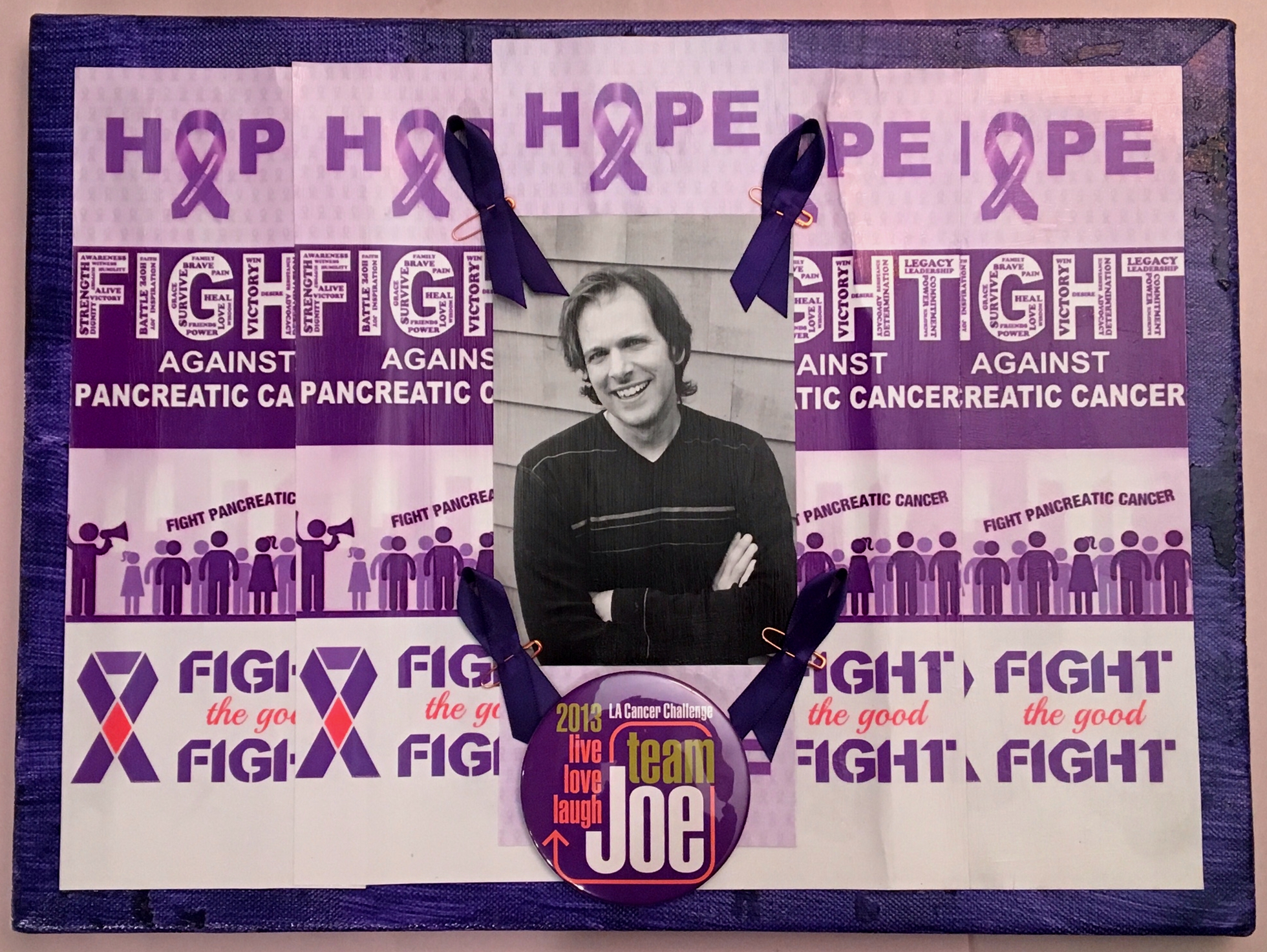Have you ever heard of Post-Traumatic Growth?
When I ask people the question: “Have you ever heard of Post-Traumatic Growth?” I typically receive either blank stares or quizzical looks. When I ask the same question about Post-Traumatic Stress Disorder, I always receive, without hesitation, the answer “yes.”
So, why only the negative? Both are possible outcomes of a tragic event — why is there more attention given to one over the other?
When I first started feeling the effects of stress from my loss, I, admittedly and stupidly, starting googling the subject to see what I might be facing. Post-traumatic stress disorder was all I found. “Anxiety, depression, anger, flashbacks, guilt…this is what I’m in for, this is what I will be experiencing.” These became my overwhelming first thoughts. My reality. I didn’t know or acknowledge, at that time, that along with my suffering I could also eventually thrive.
Post-traumatic growth refers to a set of positive changes experienced as a result of coping with a traumatic event or major life crisis.
This relatively new exploration of positive psychology intrigues me. Why? Because it challenges the notion that life after trauma remains miserable. Rather, it sheds light on the fact that people can emerge stronger and wiser from their experience.
5 Main Areas of Post-Traumatic Growth (PTG)
Researchers have found 5 main areas of growth that commonly occur with PTG.
1. An enhanced appreciation for life
2. Increased inner strength
3. An openness to new possibilities and opportunities
4. Closer and deeper relationships
5. A stronger sense of spirituality
All wonderful, life-enriching areas that are possible post-trauma. But achieving these things are not a given. They take effort, time and the courage to cope with the misfortune that has occurred. Stephen Joseph, Ph.D. and author of What Doesn’t Kill Us, addresses this necessary groundwork stating: “Studies show that, in dealing with adversity, people need to (1) confront reality rather than denying it; (2) accept that misfortune has occurred rather than submitting to it cheerfully; and (3) take responsibility for how they live their lives in the aftermath rather than blaming themselves for their fate.”
Trauma as a Wake-Up Call
Having experienced both post-traumatic stress and post-traumatic growth, I’m glad to be currently experiencing the 5 effects above and not the unpleasant symptoms of stress. While many years of work have been put into achieving my personal results, they would not have been possible without confronting, accepting and taking responsibility on how I chose to live and, gradually, revise my life after experiencing tragedy. Trauma was the very wake-up call and catalyst to my healing. Being open to the possibilities of growth allowed for positive changes to occur.
While post-traumatic growth is not universal, it is also not uncommon. Everyone deals with grief and trauma differently, it is how they deal with it that can affect the outcome. Becoming familiar with what post-traumatic growth is and that positive changes can result from how we cope with trauma can be a very empowering tool.
Peace and Growth,






Hi Lori,
Thanks for sending this…
I’m recovering from the flu, so the silver lining is that I was fortunate to be be home and to put a few minutes into reading your blog.
Best,
Paul
Beautiful.
Well said.
This is so exceptional and refreshing! Thank you!!!
Glad you enjoyed the read! Thanks for the feedback.
I had never heard of this term until reading your post. It really sticks, and it’s a great way to frame some of the things I’ve experienced in both myself and others as they cope with grief. Thank you for sharing something so positive and thought provoking!
Thanks for your feedback! Stay tuned for more.
I had no idea how much I needed this! After going through a variety of losses the last few years, I also came up with PTSD over and over to describe what I was going through. It always felt like a prison sentence. Growth has possibility. I’m grateful to add this term to my outlook for 2020!